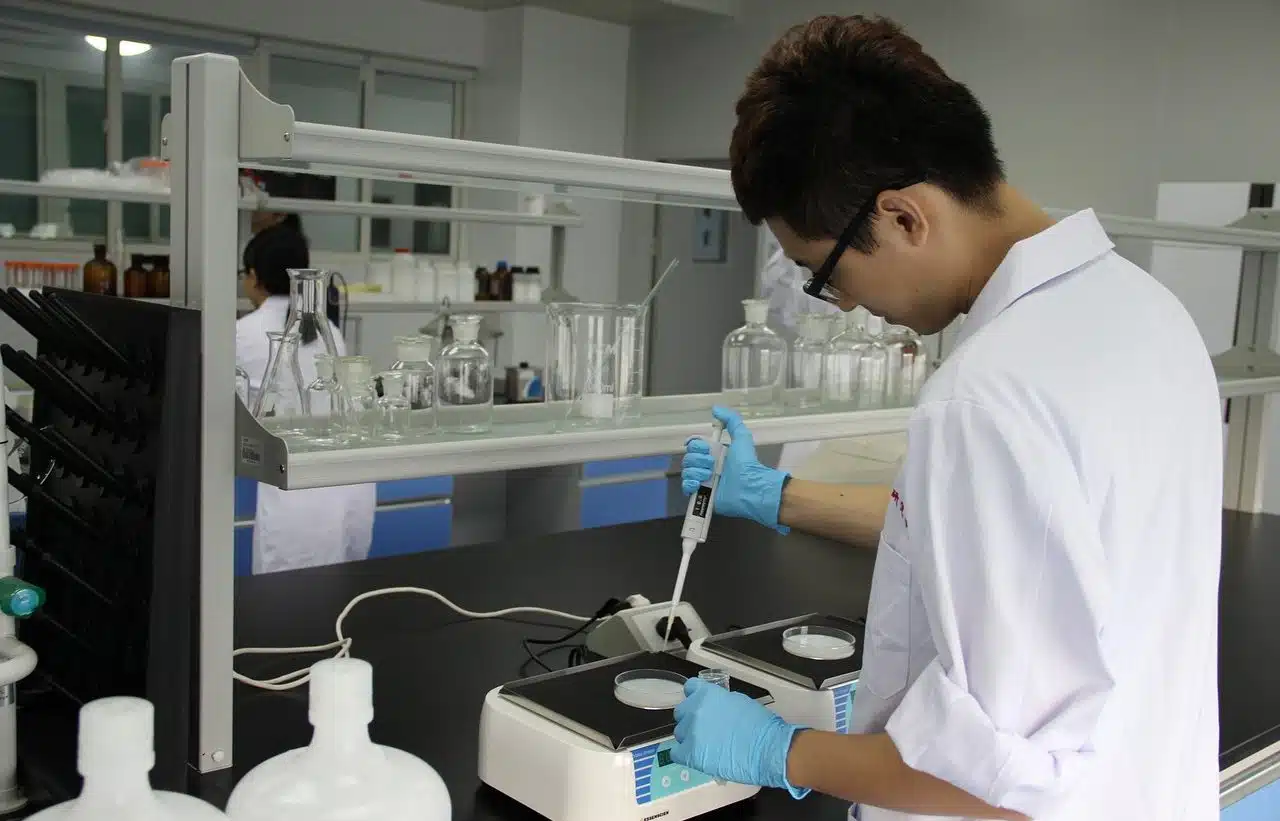
Objectivity is not limited by personal opinions or prejudices.
Objectivity is the quality of a perspective, judgment, or analysis that is free of personal biases, prejudices, or outside influences, and that is based on facts and verifiable evidence. In other words, being objective means approaching a topic with impartiality , focused on data and observable reality , without letting emotions or personal beliefs influence the interpretation of the information. Subjectivity (in contrast) affects the criteria and, therefore, leads to an observation far from logic .
Objectivity is essential in areas such as science , journalism, research, and any other area where we seek to understand phenomena or situations accurately .
Key Features
Objectivity has certain fundamental characteristics to guarantee a fair and accurate understanding of the events studied in various fields of knowledge and research .
Impartiality
The analysis, judgment or perspective adopted must be free of personal bias or prejudice. Those who seek to be objective must be able to separate their own opinions, beliefs or emotions from the evaluation of information.
Neutrality
Have no particular interest in a specific outcome and do not favor one party over another. Being neutral implies maintaining a position of rationality and fairness when verifying the available information. A neutral perspective is characterized by its transparency and the plausibility of its observation, features that increase reliability .
Veracity
A commitment to truth and honesty. Those who seek to be objective should strive to present information accurately and faithfully to the facts, avoiding distortions or misrepresentations that could lead to erroneous conclusions.
Accuracy
Accuracy in the interpretation and presentation of data and information. Avoid exaggerations, unjustified generalizations or biased interpretations that could distort the assessment .
Fact-based study
Objectivity is based on evidence and verifiable data, something that can also be called factuality . Those who seek to be objective must support their claims with concrete evidence and carry out rigorous analyzes that are based on observed reality.
Empiricism
Empiricism is a current within philosophy in which sensory experience and direct observation are taken as the origin of knowledge, instead of reasoning or introspection. Empiricists argue that our sensory perceptions, along with experience accumulated through interaction with the external world, are the primary sources of all genuine knowledge.
The empirical approach is based on the premise that the real world exists independently of our consciousness and that we can know it through experimentation. This idea is reflected in scientific methodology , where theories are constantly subjected to empirical tests to verify their validity.
One of the leading proponents of empiricism was John Locke , who argued that the human mind is like a "blank slate" (tabula rasa) at birth, and that we acquire knowledge through our sensory experiences. David Hume , another prominent empiricist philosopher, critically analyzed concepts such as causality and the self, arguing that we can only know individual events and perceptions, but can never be sure of the causal relationship between them or the existence of a substantial self.
Empiricism has also influenced the development of disciplines such as psychology, where direct observation and experimentation are fundamental to understanding human behavior . Furthermore, in fields such as medicine and biology, empirical evidence plays a crucial role in formulating effective diagnoses and treatments.

Empiricism holds that knowledge originates especially from sensory experience and direct observation.
Tools and methods
Ensuring objectivity in any field is crucial to ensure the reliability and impartiality of the results. Below are some of the various tools and methods used for this purpose.
Validation and verification processes
They involve the exhaustive review of methods, procedures and results by experts or peers in the relevant field. Validation ensures that the methods used are suitable for their intended purpose and produce accurate and reliable values. Verification , on the other hand, involves confirming the accuracy and consistency of the results through repetition of experiments or analyzes by different researchers.
Statistics and quantitative data
They provide an objective basis for making decisions and evaluating results. Statistical techniques allow patterns, trends and relationships in data to be analyzed in an unbiased manner , helping to avoid bias and erroneous conclusions. Furthermore, the quantitative approach allows replication and objective comparison of results between different studies or experiments.
Use of objective technologies and systems
Technology plays a critical role in objectivity by providing tools and systems for data collection, analysis, and presentation. For example, in the field of scientific research, measuring instruments and automated data collection devices can minimize the influence of human errors and biases.
Additionally, the use of artificial intelligence systems and algorithms can help analyze large amounts of data objectively and efficiently, identifying patterns and relationships that might go unnoticed by human researchers .

Technology is essential to guarantee objectivity in various procedures.
Reviews
Criticisms of objectivity have been persistent, focusing on the inevitable influence of cultural and personal perspectives on any attempt to achieve it. The debate revolves around whether total objectivity is possible or desirable in practice.
Absolute certainty in objectivity is challenged by the subjective nature of human experience and interpretation of facts. Culture and our own experiences act as filters through which we perceive and understand the world, which influences our decisions and judgments.
The foundation of objectivity faces the difficulty of completely separating subjective influences. Despite efforts to establish objective parameters and evaluation criteria , there is always a degree of subjectivity in the process.
Complete control is difficult to achieve, raising questions about the possibility of achieving pure objectivity. Although rigor in research and analysis methods can be appealed to, there is always the risk of implicit bias .
The debate over whether total objectivity is desirable focuses on the ethical and epistemological implications . Some argue that this is an ideal to pursue, as it promotes impartiality and reliability in decision-making. Others suggest that accepting the inevitability of subjectivity can lead to greater openness and understanding of different points of view.
